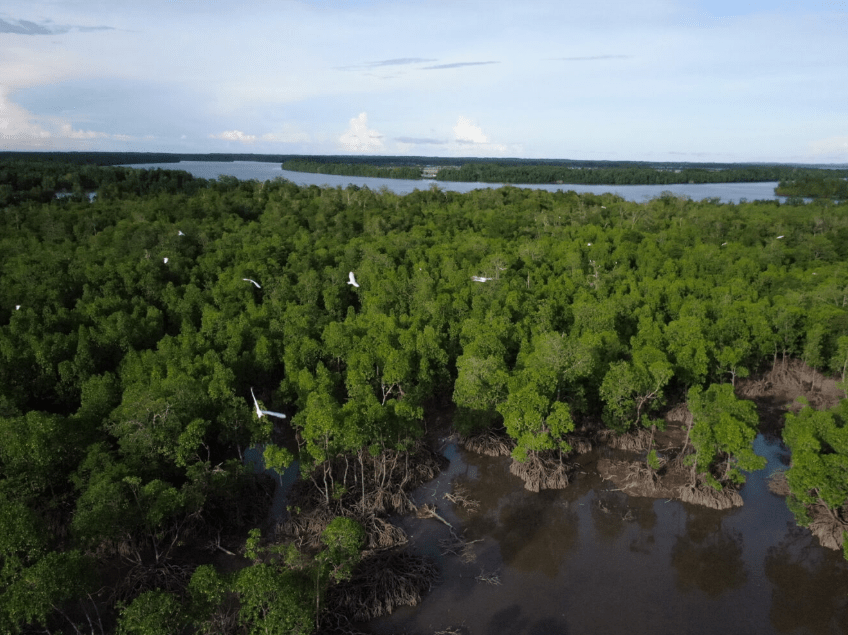In this Article
A recent study by Anne A. van Dam et al. highlights the interconnection between food production and wetlands. It reveals that while agriculture depends on wetlands for essential services, it also plays a significant role in their degradation. Recognizing the diversity of wetlands and food production systems within their specific biophysical, socio-economic, and institutional contexts can help guide the development of environmentally sustainable food production methods that support human well-being and ecosystem health.
In recent years, challenges affecting the global system particularly in environmental sustainability, inclusivity and equity, human health and nutrition, climate impact, and vulnerability and resilience of livelihoods and ecosystems to extreme events and market shocks have intensified. This has led to a consensus to transform food production, processing, and distribution. Numerous studies have examined sustainable food production strategies and their impact on wetlands and water management.
Transforming the food system calls for collaboration, collective action, and changes in governance, technological innovation, and equitable wealth distribution. This transformation aims to reduce wetland loss and degradation by promoting sustainable management practices supporting biodiversity, retaining nutrients, storing water, and providing nature-based solutions, minimizing the negative impacts on wetlands and their catchments.
In their study, Anne A. van Dam et al., adopted the five Principles for Sustainable Agriculture developed by the Food and Agriculture Organization of the United Nations (FAO) as a guiding framework for transforming agriculture to protect wetlands, support rural livelihoods, and build climate resilience. These principles include (1) improved efficiency of resource use, (2) protection of natural resources, (3) protecting and improving rural livelihoods, equity and well-being, (4) enhancing the resilience of people, communities and ecosystems, and (5) responsible and effective transformative approaches to the governance of agriculture and the environment. The findings underscore that food production and wetland conservation can be mutually reinforcing when grounded in socially and environmentally sustainable approaches. This integrated strategy aligns with the original vision of the Ramsar Convention on wetlands and supports ongoing global efforts to reconcile agricultural development with ecological stewardship.
Reference:
van Dam AA et al. (2025) Recognising diversity in wetlands and farming systems to support sustainable agriculture and conserve wetlands. Marine and Freshwater Research 76, MF24017. doi:10.1071/MF24017





